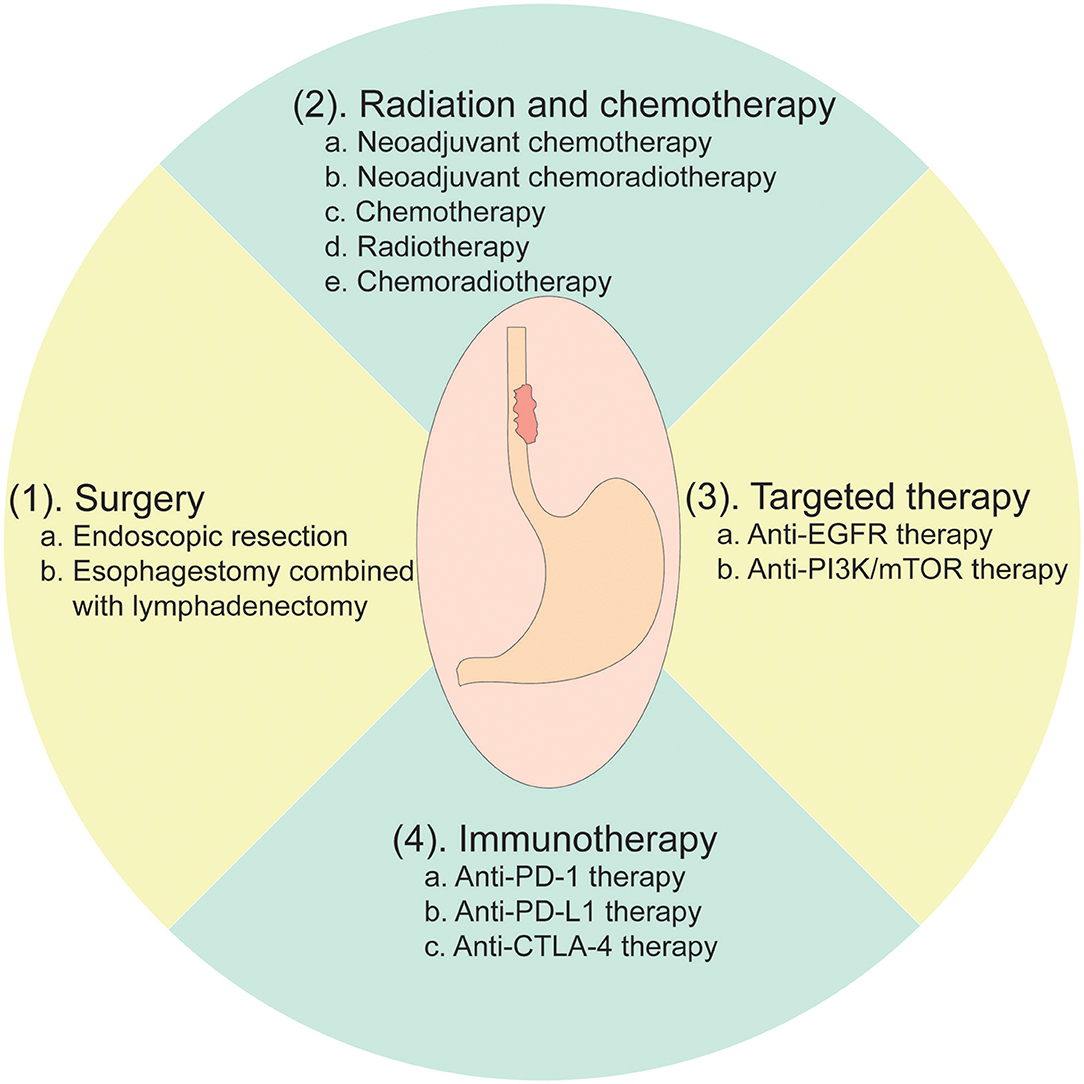Hormone Therapy for Esophageal Cancer

What is Hormone Therapy?
Hormone therapy is a cancer treatment that uses drugs to stop or slow the growth of cancer cells that rely on hormones to grow. Hormones are chemicals produced by glands in the body that regulate various bodily functions, including growth and development. Some types of cancer, including breast and prostate cancer, rely on hormones to grow. Hormone therapy works by blocking the hormones that promote cancer growth or by lowering the levels of hormones in the body.
How Does Hormone Therapy Work for Esophageal Cancer?
Esophageal cancer can be hormone-sensitive, which means that it relies on hormones to grow. Hormone therapy for esophageal cancer works by blocking the hormones that promote cancer growth. The most common hormones that are targeted in hormone therapy for esophageal cancer are estrogen and progesterone. By blocking these hormones, hormone therapy can slow or stop the growth of esophageal cancer cells.
Types of Hormone Therapy for Esophageal Cancer
There are two main types of hormone therapy for esophageal cancer:
- Anti-estrogen therapy: This type of hormone therapy works by blocking the effects of estrogen in the body. It is commonly used to treat hormone-sensitive breast cancer, but it can also be used to treat esophageal cancer.
- Luteinizing hormone-releasing hormone (LHRH) agonists: This type of hormone therapy works by lowering the levels of testosterone in the body. It is commonly used to treat prostate cancer, but it can also be used to treat esophageal cancer.
Advantages of Hormone Therapy for Esophageal Cancer
The main advantage of hormone therapy for esophageal cancer is that it can slow or stop the growth of cancer cells without the side effects of chemotherapy or radiation therapy. Hormone therapy is also less invasive than surgery and can be given in an outpatient setting.
Disadvantages of Hormone Therapy for Esophageal Cancer
The main disadvantage of hormone therapy for esophageal cancer is that it may not be effective for all patients. Hormone therapy is also associated with side effects, such as hot flashes, fatigue, and mood changes. In addition, hormone therapy may increase the risk of osteoporosis and cardiovascular disease.
FAQ
1. Is hormone therapy a cure for esophageal cancer?
Hormone therapy is not a cure for esophageal cancer, but it can slow or stop the growth of cancer cells.
2. How is hormone therapy administered for esophageal cancer?
Hormone therapy for esophageal cancer is usually given as a pill or injection.
3. What are the side effects of hormone therapy for esophageal cancer?
The side effects of hormone therapy for esophageal cancer may include hot flashes, fatigue, and mood changes. Hormone therapy may also increase the risk of osteoporosis and cardiovascular disease.
4. Can hormone therapy be used in combination with other treatments for esophageal cancer?
Yes, hormone therapy can be used in combination with other treatments for esophageal cancer, such as chemotherapy and radiation therapy.
In conclusion, hormone therapy is a treatment option for esophageal cancer that targets the hormones that promote cancer growth. It can slow or stop the growth of cancer cells without the side effects of chemotherapy or radiation therapy. However, it may not be effective for all patients and is associated with side effects. If you have esophageal cancer, talk to your doctor about whether hormone therapy is right for you.
